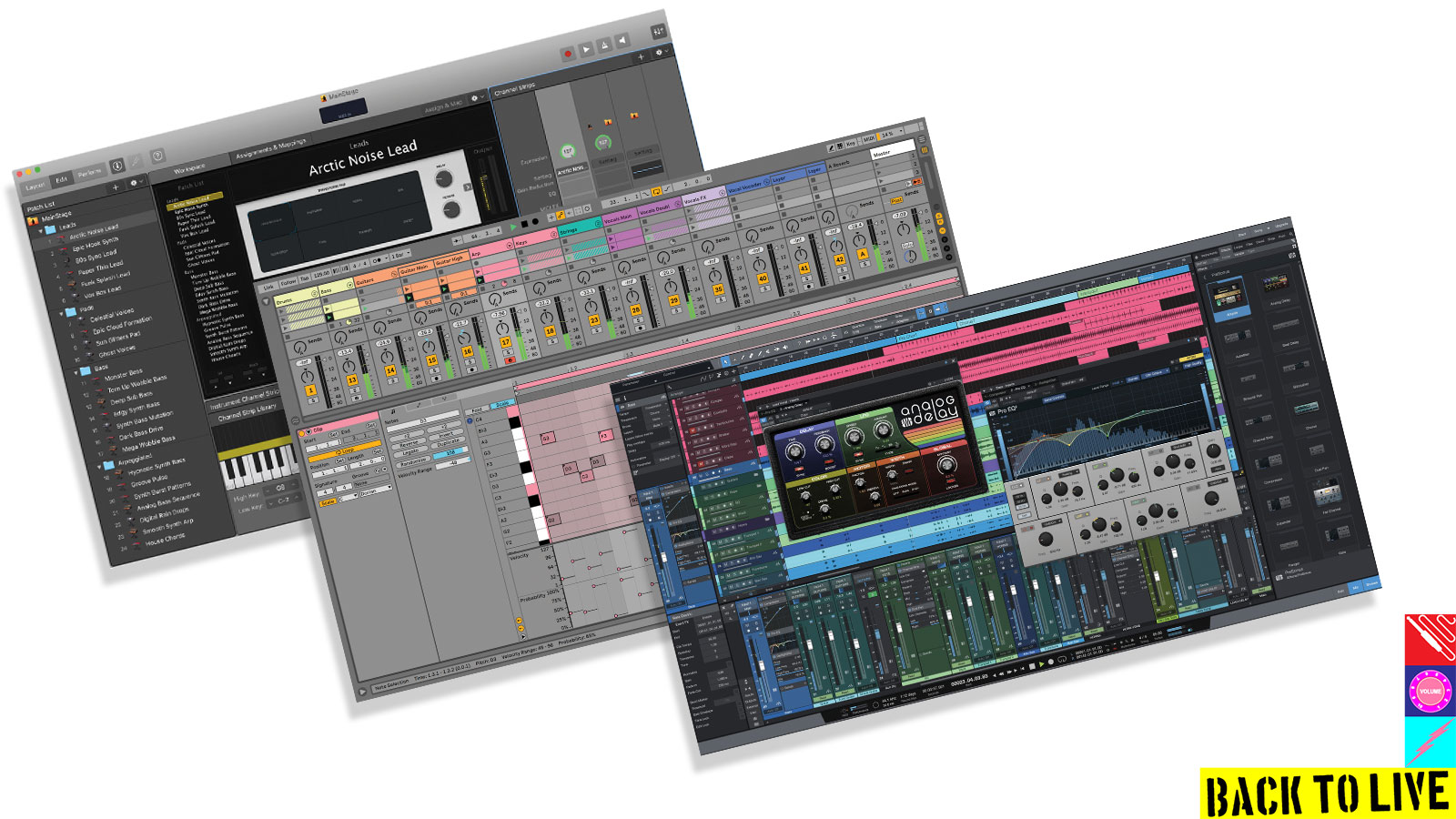Cost of living crisis: Why high ticket prices for live music are the new normal
The price of concert tickets has rocketed in recent years, and with Brexit, Covid and rising inflation, they’re likely to stay high for the foreseeable future

Gig ticket prices have long been a bone of contention for live music fans. In 2018, the BBC published a report that concluded ticket prices had doubled since the late ‘90s, a rise of 27 per cent once inflation was taken into account.
With inflation set to rise to above seven per cent in both the US and UK, and live music is recovering from being shutdown for two years, the likelihood is that ticket prices will continue to rise.
Touring bands, promoters and venues are also being squeezed; it costs more to put on a show. The risk of Covid-related cancellations needs to be priced into tours, and the sector – which is worth £4.5 billion per annum to the UK economy – is still recovering from the worst two years in its history.
Speaking to the Guardian, Greg Parmley, CEO of LIVE, the industry body for the UK's live music sector, cited supply chain issues across the industry, and noted that the challenging economic conditions were increasing the cost of putting live music events on.
“From skilled crew right the way through to Portakabins and toilets, there are shortages across the UK that are driving up costs significantly,” he said. “This is on top of the well-publicised wider inflationary pressures that are flowing through the economy.”
Touring bands face rising fuel costs, the price of insurance and Covid-compliance, and have to manage the risk of a tour being cancelled. According to data published by LIVE, 26 per cent of UK live shows have already been cancelled in quarter one of 2022, with 44 per cent of international shows cancelled.

The future for live music and 7 tips on performing online with Tesseract bassist Amos Williams
In a statement, LIVE maintained that public confidence and the possibility of new Covid variants and subsequent restrictions were the main reasons behind the cancellations. It said that for many international artists, the UK leg of world tour might not be viable if Europe was still closed to live music. Furthermore, the impact of Brexit on the sector was also being felt as live music returned.
Want all the hottest music and gear news, reviews, deals, features and more, direct to your inbox? Sign up here.
“The introductions of visas and punitive regulations on the trucks and vehicles that make touring possible is leading to 90 per cent [of those surveyed by LIVE] stating Brexit will negatively impact the live music industry once all markets are fully open again,” said the statement.
It will take a long time for us to recover from the worst period in history of the industry and the government need to fully understand the challenges we face
Greg Parmley, CEO of LIVE
LIVE has called on the government to offer more support for the industry, suggesting that VAT should be discounted or lifted on concert tickets – a move that would help offset any rising price increases.
“It will take a long time for us to recover from the worst period in history of the industry and the government need to fully understand the challenges we face, said Parmley. “Whilst the UK is reopening many artists need international markets to fully reopen before touring can be financially viable.”
“We are also encouraging the public to continue to support live music, whether that is seeing a new band at a small local venue or a big act in an arena, so that we can get through this difficult period together.”

The gig ticket price conundrum is also complicated by market forces. Strong demand as the UK and US have reopened after the pandemic has fuelled price rises. Live Nation’s third quarter 2021 results noted that “average amphitheater and major festival” ticket prices had seen double-digit growth.
The secondary market for concert tickets has exerted its own inflationary pressures on prices, with touts selling online for vastly inflated sums. When the BBC concluded ticket prices had doubled since the late ‘90s, that was before taking account the secondary market, and the influence of sites such as Viagogo that host ticket reselling – touts in all but name – has further distorted the market for live music.
The Bank of England expects inflation to peak in Spring 2022, and the country to be closer to its two per cent target in two years’ time. But what of gig prices? The supply shocks of Covid and Brexit might well be managed in time, but the music industry still conforms to a similar business model that saw the price rises of the BBC’s 2018 report. Artists still face the same economic challenges when trying to find an income streams. Why would anything change?
Jonathan Horsley has been writing about guitars and guitar culture since 2005, playing them since 1990, and regularly contributes to MusicRadar, Total Guitar and Guitar World. He uses Jazz III nylon picks, 10s during the week, 9s at the weekend, and shamefully still struggles with rhythm figure one of Van Halen’s Panama.
